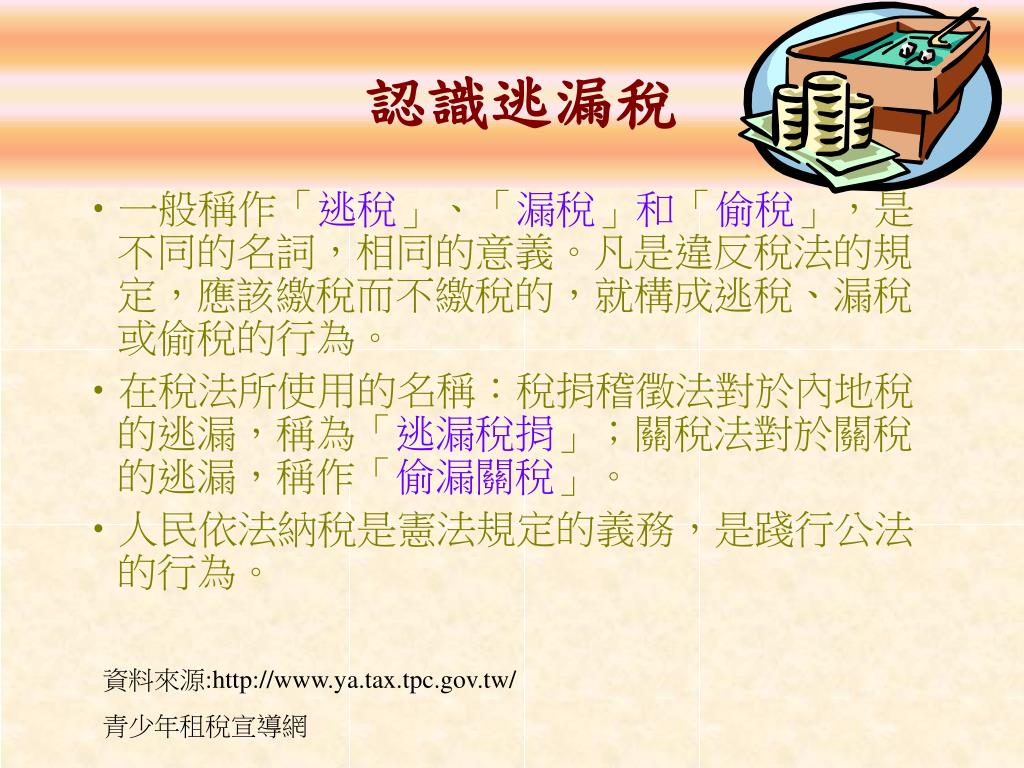


The first scenario assumes that trades of financial assets are in the interest of investors. In either scenario, an FTT would be a progressive tax. In another possible scenario, some investors could save money and at least a portion of the tax would ultimately be borne by the owners and employees of financial institutions that carry out trades. In one scenario the costs would be passed on entirely to investors. Curbing InequalityĪn FTT would raise the costs of trading financial assets, resulting in fewer trades. How policymakers design the tax matters a great deal for its effectiveness and revenue impact. This, combined with the investments that could be financed with an FTT, could reduce income inequality and wealth inequality. The people most likely to bear this cost are disproportionately well-off. But because the volume of financial transactions is so vast, these proposals would nonetheless raise hundreds of billions of dollars over a decade, even accounting for the reduction in trades that would likely result. Most proposed FTTs would apply to trades at what appear to be very low rates, such as 0.5 percent, 0.1 percent, or much less.
#Financial transaction tax tpc full
A number of countries already have full or partial FTTs, and the idea of imposing a comprehensive, broad-based FTT on trades of most types of financial assets has become more attractive both in the U.S. A financial transaction tax (FTT) has the potential to curb inequality, reduce market inefficiencies, and raise hundreds of billions of dollars in revenue over the next decade.Īn FTT is a type of excise tax imposed on trades of financial assets, including stocks, bonds, and derivatives.


 0 kommentar(er)
0 kommentar(er)
